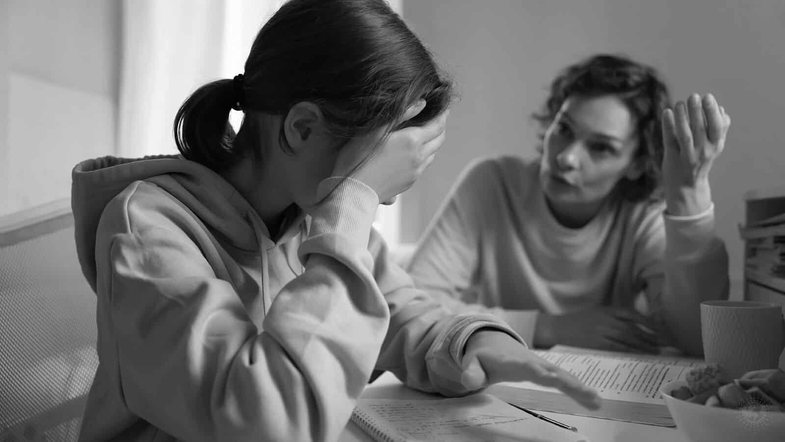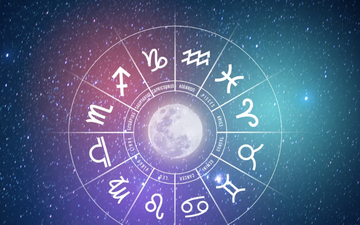
In a perfect world, all parents are role models for their children. This unfortunately is not always the case. Some children grow up with mothers and fathers, whose behavior can cause harm to children to the point of emotional abuse. When you grow up, there are some distinct signs that may indicate the presence of such a parent. While you can not go back in time and change the dynamics that were present in childhood, you can use this information to help regain your confidence and self-esteem now that you are an adult.
"Emotional abuse is behavior by caregivers that involves verbal and emotional assaults such as constant criticism, humiliation, contempt or mistreatment of a child, as well as isolation, ignorance or rejection," psychotherapist Mayra Mendez explains to Bustle.
A small 2014 study of over 300 teens, in the Pakistan Journal of Medical Sciences, found that emotional abuse by parents in childhood was linked to mental health problems in adolescence. A similarly sized study published in 2015 in the journal Child Abuse & Neglect found a link between emotional abuse during childhood, and alcohol use and impulsive behaviors in adulthood.
Parents are human and like everyone else, they have their problems. Understand that in most cases, their purpose has probably not been worse. If they knew better, they would do better.
Some of the possible indicators are:
1. You have unhealthy relationships with others.
2. Have low self-esteem.
3. Tend to have a pessimistic view of things.
4. Suppress your emotions.
5. Ask for attention.
6. You want to achieve more than you can / more than others.
7. Apologize often and a lot.
8. After a long interaction with parents, you feel like you have run out of energy.
9. Gossip with your parents.
10. Parents often tease you to the point of ridicule.
11. You are often compared to your sibling.
12. You have been put under pressure and surveillance.
13. They have made you feel guilty.
14. Your privacy has been violated.
Prepared by psychotherapists. To read more about emotionally abusive parents seen from the perspective of parental "qualities", read also: 15 signs that you have an abusive parent but did not know it!





